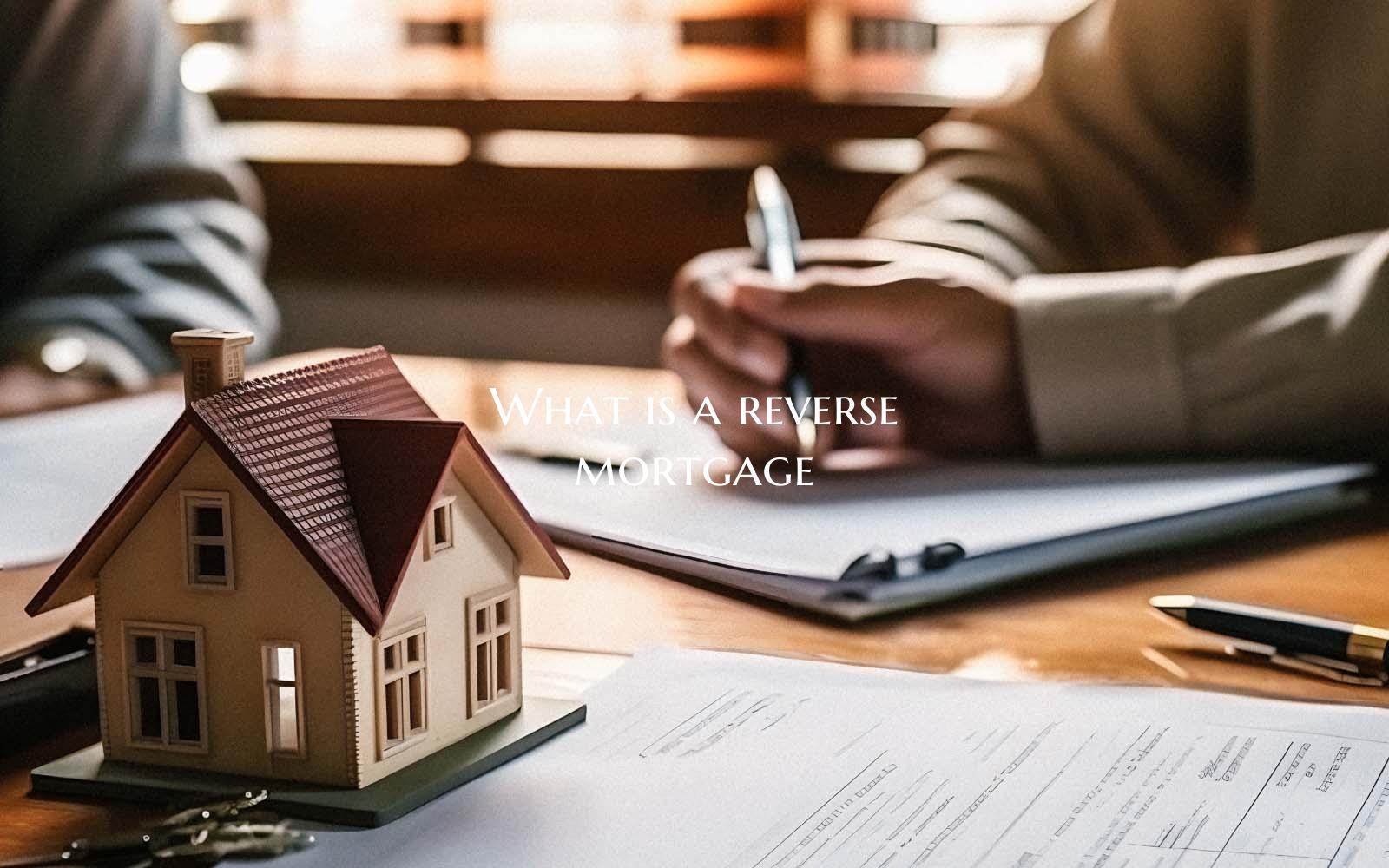What is a reverse mortgage

A reverse mortgage is a type of loan that allows homeowners, typically those who are 62 years or older, to convert a portion of their home equity into cash. Unlike a traditional mortgage where the homeowner makes monthly payments to the lender, with a reverse mortgage, the lender makes payments to the homeowner.
Here are some key points to understand about reverse mortgages:
1. How it Works: In a reverse mortgage, the homeowner receives payments from the lender based on the equity in their home. The homeowner retains ownership of the home and is still responsible for property taxes, insurance, and maintenance.
2. Types of Reverse Mortgages: There are three main types of reverse mortgages: - Single-Purpose Reverse Mortgage: Offered by state and local government agencies and non-profit organizations for specific purposes. - Home Equity Conversion Mortgage (HECM): Insured by the Federal Housing Administration (FHA) and the most common type of reverse mortgage. - Proprietary Reverse Mortgage: Offered by private lenders and designed for higher-value homes.
3. Use of Funds: Homeowners can use the funds from a reverse mortgage for various purposes, such as home improvements, healthcare expenses, or supplementing retirement income.
4. Repayment: The loan typically becomes due when the homeowner moves out of the home, sells the property, or passes away. At that point, the loan balance, along with any accumulated interest and fees, must be repaid. If the home is sold, any remaining equity goes to the homeowner or their heirs.
5. Qualifications: To be eligible for a reverse mortgage, homeowners must be at least 62 years old, own their home outright or have a low mortgage balance, and live in the home as their primary residence.
6. Counseling Requirement: Before obtaining a reverse mortgage, homeowners are required to undergo counseling from a HUD-approved counselor. This is to ensure they fully understand the terms and implications of the loan.
It's essential for homeowners considering a reverse mortgage to carefully weigh the pros and cons and consult with a financial advisor or counselor to determine if it is the right option for their financial situation. While reverse mortgages can provide financial flexibility for retirees, they also come with certain risks and considerations that should be thoroughly understood before proceeding.
